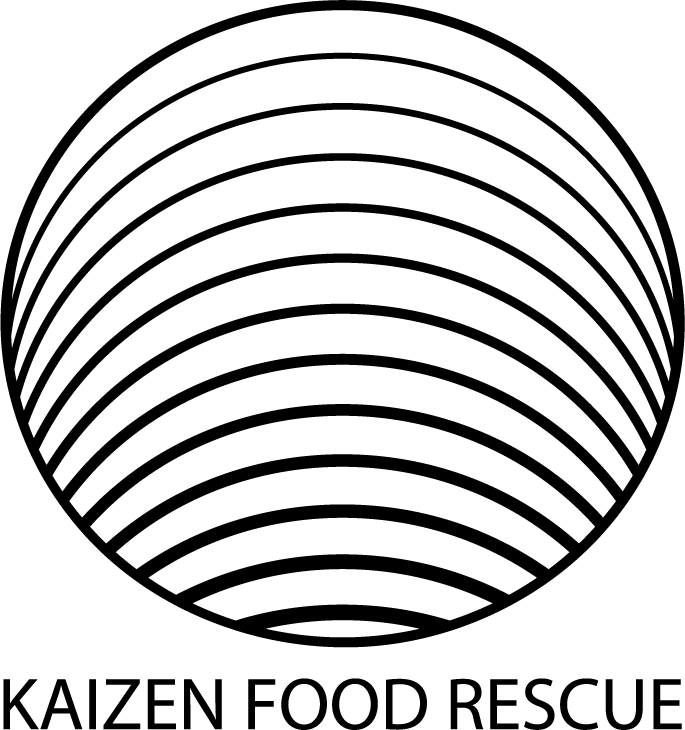Sharing Knowledge
Sharing knowledge is the act of disseminating information or expertise to others. It can take many forms, including sharing skills and experiences, sharing research and insights, and sharing resources and information. Sharing knowledge can be an important way to build connections, foster collaboration, and promote learning and growth within a community. It can also be a powerful tool for creating positive change and promoting social and economic development. There are many different ways that knowledge can be shared, including through formal education and training programs, informal conversations and discussions, and through the use of technology such as social media and online platforms. Ultimately, sharing knowledge is about fostering a sense of community and working together to create a better future.
Resources
Negative Effects of the Conventional Food System Map by Elias Berbari, CU Boulder Masters of the Environment and East Denver Food Hub
Values-Based Local Food Systems Map by Elias Berbari, CU Boulder Masters of the Environment and East Denver Food Hub
Jefferson County Food Access Maps – Access Mapping
Are You Ready to Talk? Toolkit – Stanford University
LARA Method for Managing Tense Talks – Stanford University
Culturally Responsive Food Initiative – Food Bank of the Rockies
Hunger Facts – Hunger Free Colorado
Food Waste Greenhouse Gas Calculator – Watch My Waste
